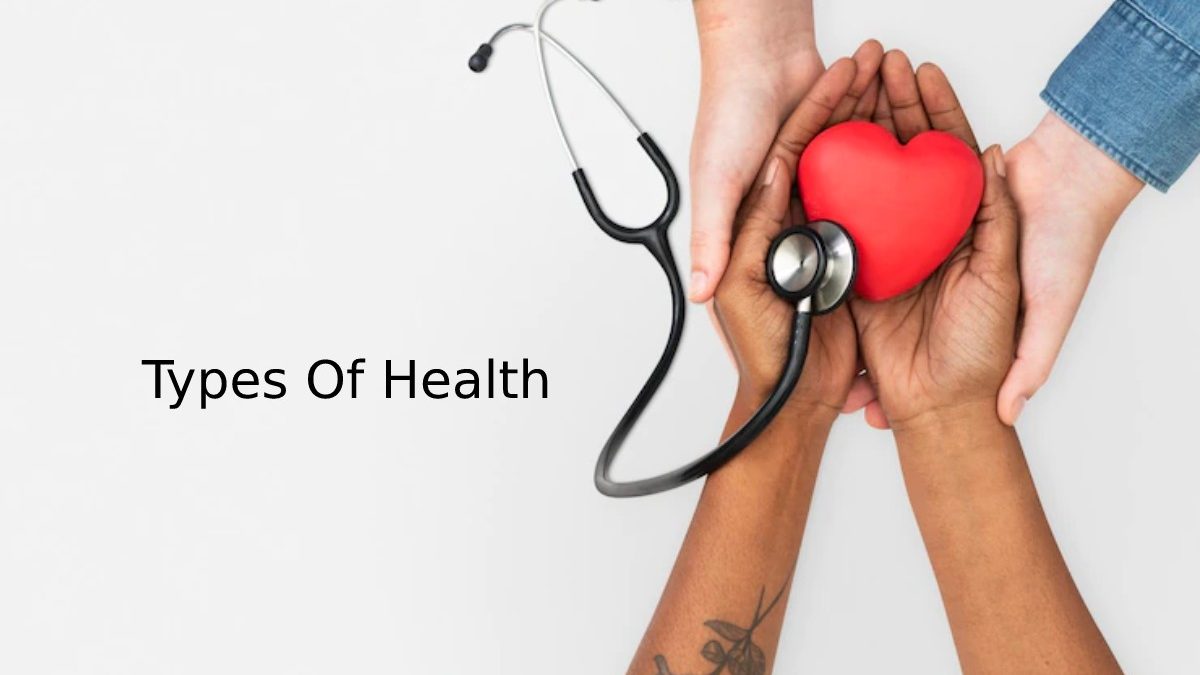Health, in humans, is the degree to an individual’s physical, emotional, mental and social ability to cope with their environment.
This definition is just one of many possible. What constitutes “good” health, in particular, can vary greatly. For example, the somewhat fragile individual, “doing well” in the ordinary surroundings of his life, may succumb to a heart attack while shovelling after a snowstorm, or a sea-level dweller may move to a new home in the mountains where the atmosphere has lower oxygen levels, suffers from shortness of breath or anaemia, until their red blood cell counts adjust to the altitude. Therefore, even by this definition, the notion of good health must include some allowance for changes in the environment.
Types of health like Mental health and physical health are probably the two most talked about types of fitness.
Good mental health is not only considered by the absence of depression, anxiety or other disorders. It also exists when you take support from mental health services on a generic regular basis to ensure wellbeing.
Financially healthier people, for example, have fewer financial worries and can afford to buy fresh groceries more regularly. In addition, people in good mental health can experience a sense of calm and determination that promotes good mental health.
Table of Contents
Physical Health
A person in good physical health is likely to have bodily functions and processes functioning optimally. It’s not just due to the absence of illness. Regular exercise, a balanced diet and adequate rest contribute to good health. In addition, patients receive medical attention as needed to keep their balance.
Physical well-being means following a healthy lifestyle to reduce the risk of disease. For example, maintaining physical fitness can protect and develop a person’s endurance, muscle strength, flexibility, and body composition for respiratory and cardiac function.
Taking Care of Your Health and Physical Well-Being Also Means Reducing The Risk of Health Problems, Such As:
- Minimize risks in the workplace
- Use contraceptives during intercourse
- practice effective hygiene
- Refraining from tobacco, alcohol or illegal drugs
- Take recommended vaccinations for a specific disease or country while travelling
- Good physical health can go hand-in-hand with mental health to improve a person’s overall quality of life.
For example, according to a 2008 study, mental illnesses like depression can increase the risk of substance use disorders, continuing to hurt physical health.
Mental Health
US Department of Health also Human Services says that mental health refers to a person’s emotional, social, and psychological well-being. Therefore, mental health is just as significant as physical health as a fulfilling and active lifestyle.
Defining mental health is more complex than physical health because many psychological diagnoses depend on how a person perceives their experiences.
Thanks to improved testing, doctors can now detect specific physical signs of certain types of mental illness on CT scans and genetic testing.
Good mental health is not only considered by the absence of depression, anxiety or other disorders.
It Also Depends On A Person’s Ability:
- Enjoy life
- recover from difficult experiences and adapt to adversity
- reconcile different elements of life like family and finances
- to feel safe
- unleash your full potential
Physical and mental health are closely linked. For example, when a chronic illness affects a person’s ability to perform everyday tasks, it can lead to depression and stress. These feelings may stem from financial problems or mobility issues.
A mental illness, for example, depression, can affect body weight and overall functioning.
It is essential to look at ‘health’ as a whole and not as a set of individual factors. All types of health are interconnected, and people should strive for general well-being and balance as the key to good health.

